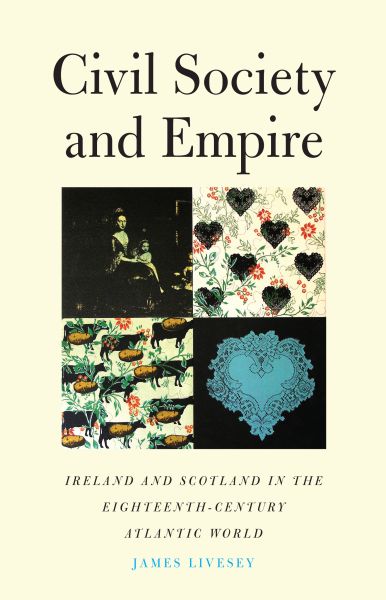The son of a prominent Dead Sea Scrolls scholar was arrested on Thursday on charges of identity theft, criminal impersonation, and aggravated harassment relating to a complex online campaign designed to smear opponents of his father’s theories. The Manhattan district attorney’s office alleged in a statement released on Thursday that Raphael Haim Golb, 49, son of Norman Golb, a professor of Jewish history and civilization at the University of Chicago, used dozens of Internet aliases to “influence and affect debate on the Dead Sea Scrolls” and “harass Dead Sea Scrolls scholars who disagree with his viewpoint.” …
The office contends that Mr. Golb impersonated and harassed Lawrence H. Schiffman, a professor of Hebrew and Judaic studies at New York University and a leading Dead Sea Scrolls scholar, by creating an e-mail account in Mr. Schiffman’s name and using it to send e-mail messages in which the sender admitted to plagiarism. Mr. Golb also allegedly supplemented that campaign to discredit Mr. Schiffman by sending letters to university personnel accusing Mr. Schiffman of plagiarism, and by creating blogs that made similar accusations. Two blogs, each with a single entry, accuse Mr. Schiffman of plagiarizing articles written by Norman Golb in the 1980s. …
Mr. Cargill began tracking the cyberbully—whom he calls the “Puppet Master”—two years ago after he himself was targeted. At the time, he was a doctoral student at UCLA helping to produce a film about Khirbet Qumran—the site in present-day Israel where the Dead Sea Scrolls were discovered—and its inhabitants for an exhibit on the scrolls at the San Diego Natural History Museum. Mr. Cargill said it was then that the aliases began attacking him and his film, both in e-mail messages to his superiors and on various Web forums, for failing to give credence to Norman Golb’s long-held theory about the origin of the scrolls and how they came to Khirbet Qumran. Some scholars, including Mr. Schiffman and Mr. Cargill, believe that the 2,000-year-old documents were assembled by inhabitants of Qumran. Mr. Golb, however, holds that they originated in Jerusalem and were transported to Qumran later.
Risa Levitt Kohn, a professor of religious studies at San Diego State University who curated the San Diego show and several subsequent Dead Sea Scrolls exhibitions, said she too has been “under regular attack” by Internet aliases since then, both in Web forums and in e-mail messages addressed to her superiors. “Sometimes the criticisms of me are straightforward and overt,” she told The Chronicle via e-mail, “and sometimes the letters appear reasonable but essentially demand that these individuals take note of previous exhibitions’ supposed ‘failings.’ Then they provide helpful suggestions to find solutions, almost always involving Norman Golb in one way or another.”
A number of other Dead Sea Scrolls scholars also said they have been harassed by mysterious Internet personas. Because the messages were written under aliases, they had little choice but to ignore them. “This person has posted horrible stuff about me online,” said Jodi Magness, a professor of religious studies at the University of North Carolina at Chapel Hill. “I don’t even look anymore, it makes me too upset.”
Sounds like this might get both uglier and more entertaining in equal measure.



